After years of failed attempts to bring the Sorcerer Supreme to the big screen, a Doctor Strange movie directed by Scott Derrickson finally hit theaters in 2016 as part of the Marvel Cinematic Universe. Introducing Benedict Cumberbatch as Stephen Strange ahead of a pivotal role in the next two Avengers movies, Doctor Strange told the character’s origin story in a way that fit in with the MCU’s larger narratives.
While Doctor Strange is as crowd-pleasing as any of the MCU’s other superhero blockbusters, it’s far from a perfect movie. It shares a lot of the flaws that are common with origin story films, and it also has a couple of faults of its own.
10 Right: Casting Benedict Cumberbatch
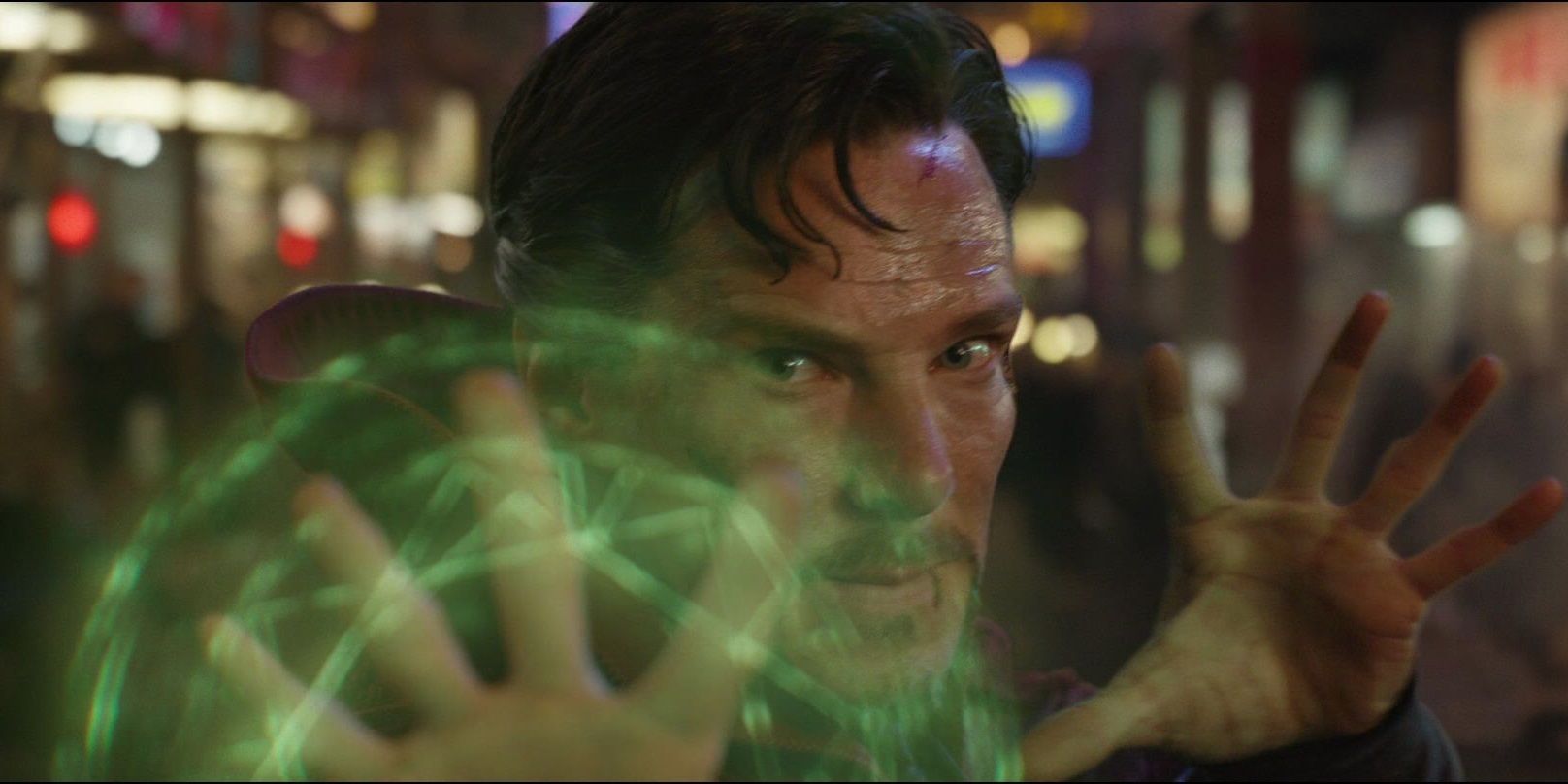
The MCU’s casting guru Sarah Finn always casts the perfect performer for each role, so it’s no surprise that she found the ideal Stephen Strange in Benedict Cumberbatch.
It was pretty disappointing that the MCU essentially characterized Strange as a second-rate Tony Stark, but Cumberbatch has charm to rival Robert Downey, Jr. and he eventually made the role distinctly his own over the course of the next couple of Avengers movies.
9 Wrong: By-The-Numbers Origin Story
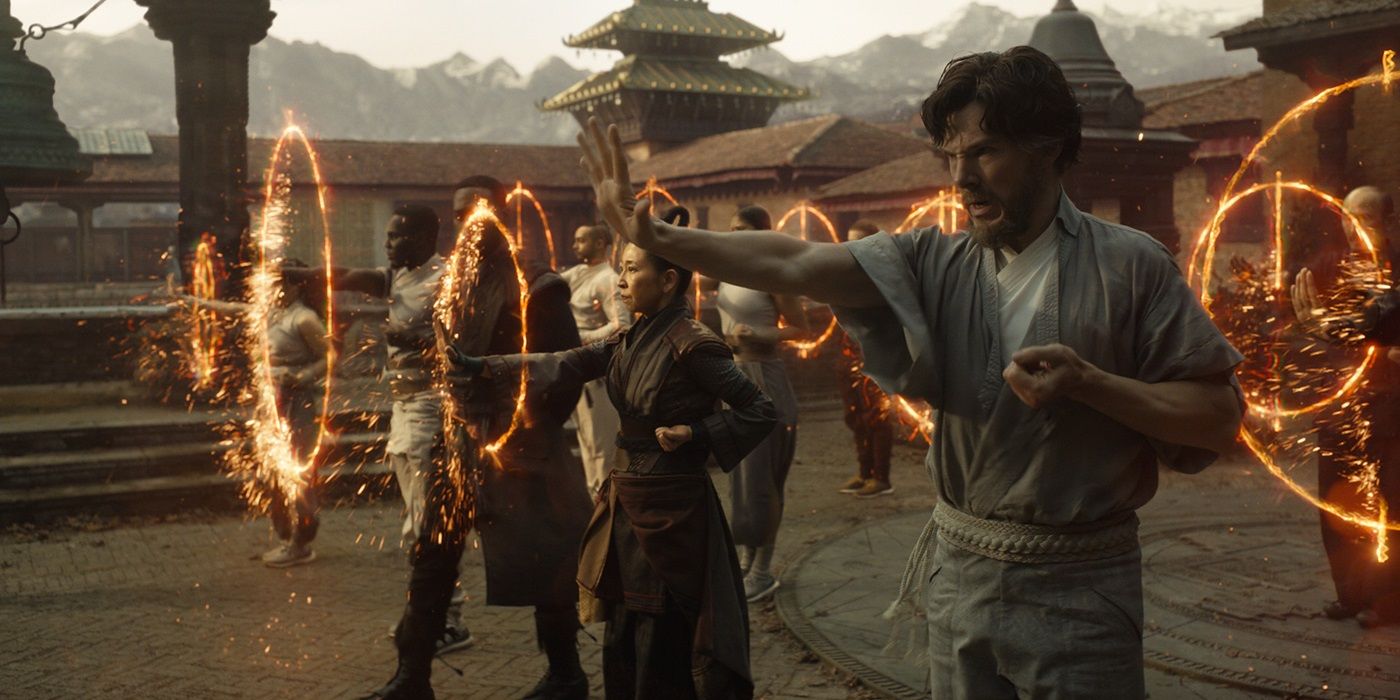
By the time Doctor Strange was released, dozens of superhero origin stories had been told on the big screen. There had already been seven in the MCU alone. The template for an origin story movie was pretty well-established.
Unfortunately, Scott Derrickson did little to subvert the expectations of a superhero origin story in Doctor Strange, hitting all the familiar “hero’s journey” beats, with all the usual stock supporting characters.
8 Right: Mind-Blowing Visual Effects
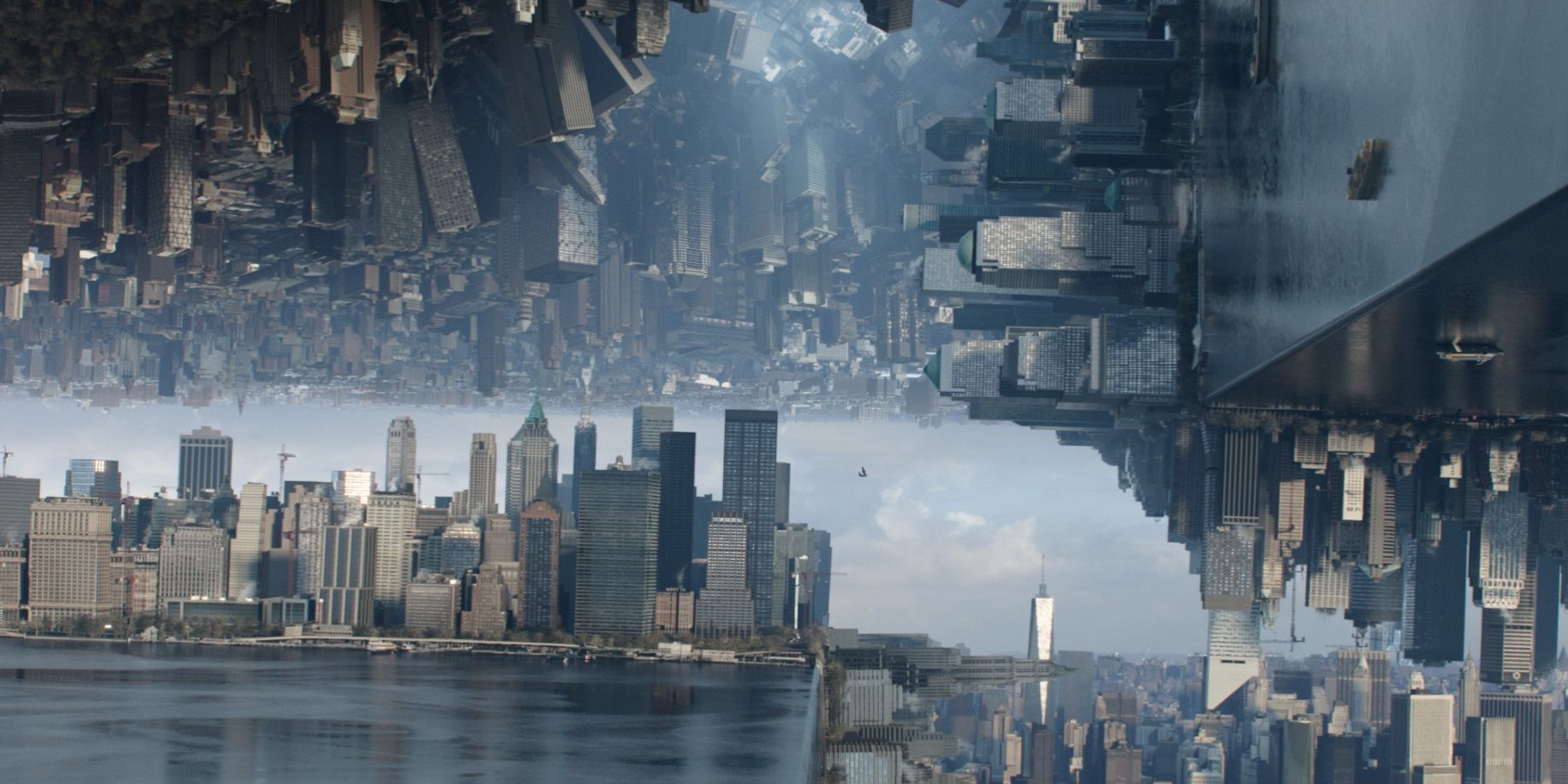
The success of a Doctor Strange movie rested on capturing the awe-inspiring visuals allowed by the Sorcerer Supreme’s magical abilities, and luckily, this one nailed them.
From New York City folding over on itself to Strange’s trippy out-of-body experience, Doctor Strange has truly mind-boggling visual effects, courtesy of the gifted artists at ILM.
7 Wrong: Whitewashing The Ancient One
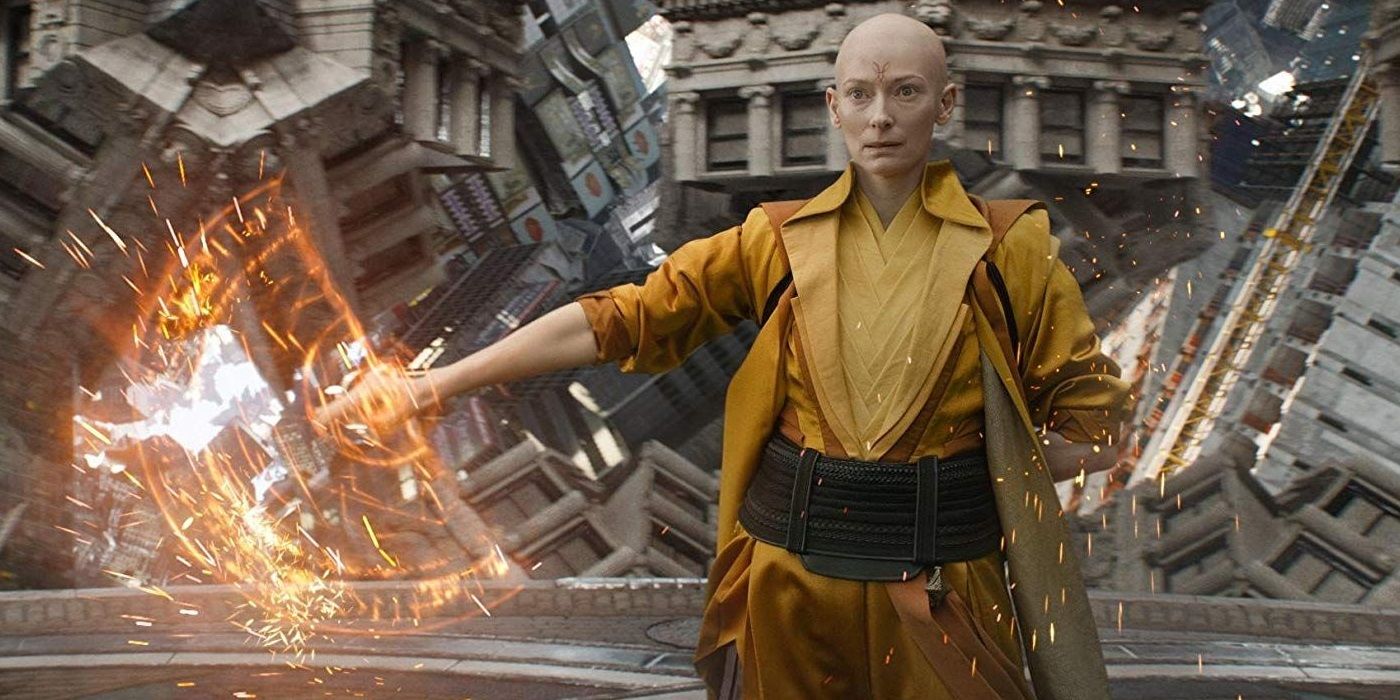
When Strange travels to Kamar-Taj to be trained in the art of sorcery, he meets a white woman named the Ancient One. In the comics, the Ancient One is an Asian man, and the movie was very controversial for whitewashing this character.
The filmmakers defended the decision to make the Ancient One white, claiming that the character is a racial stereotype in the comics, but they could’ve written the character as Asian and just avoided stereotyping.
6 Right: Characterizing The Cloak Of Levitation
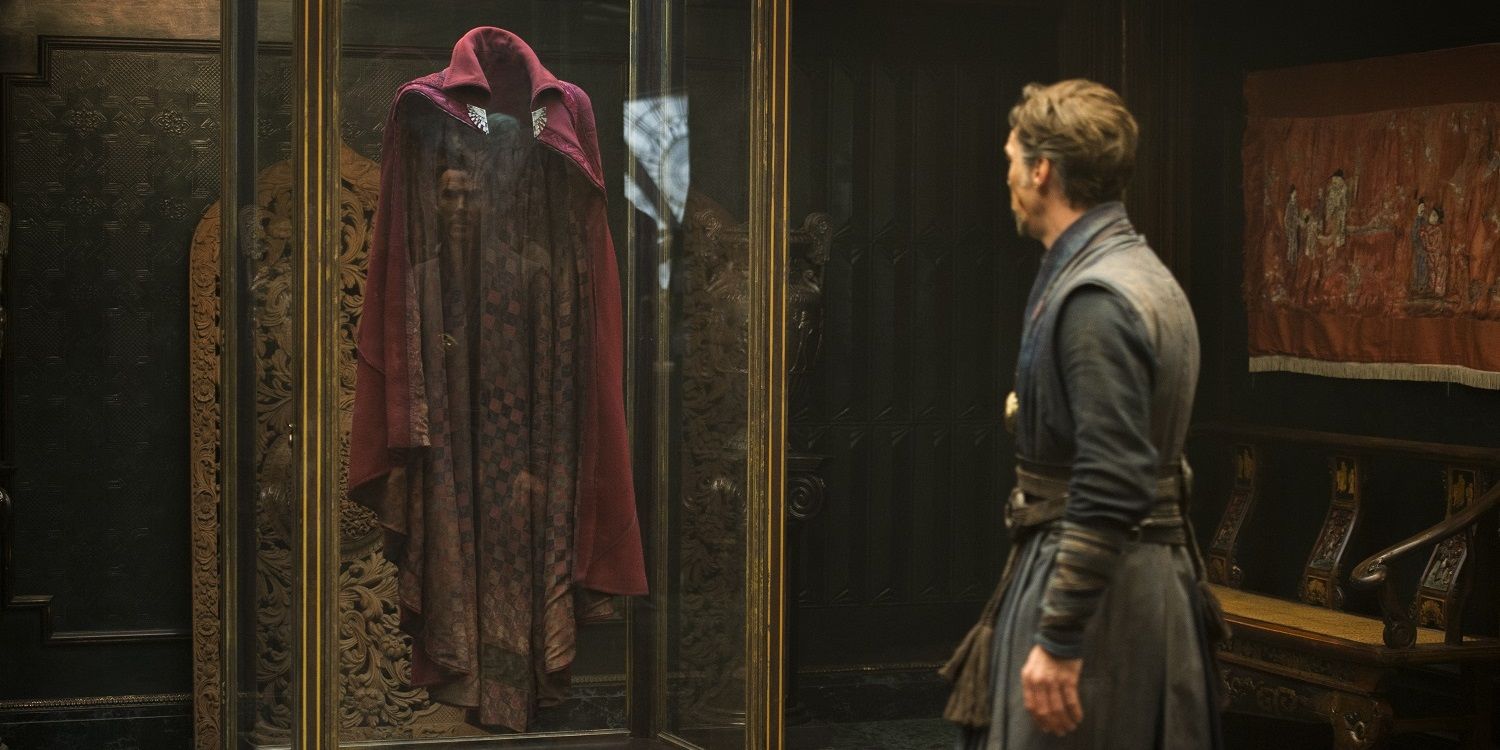
Most of Doctor Strange’s CGI effects go toward drawing the title character’s sorcery from mind-boggling kaleidoscopes of color, but a little was used to bring his Cloak of Levitation to life.
It’s not easy to give personality to an item of clothing, but the Cloak of Levitation really feels like its own character in Doctor Strange.
5 Wrong: Generic Love Interest
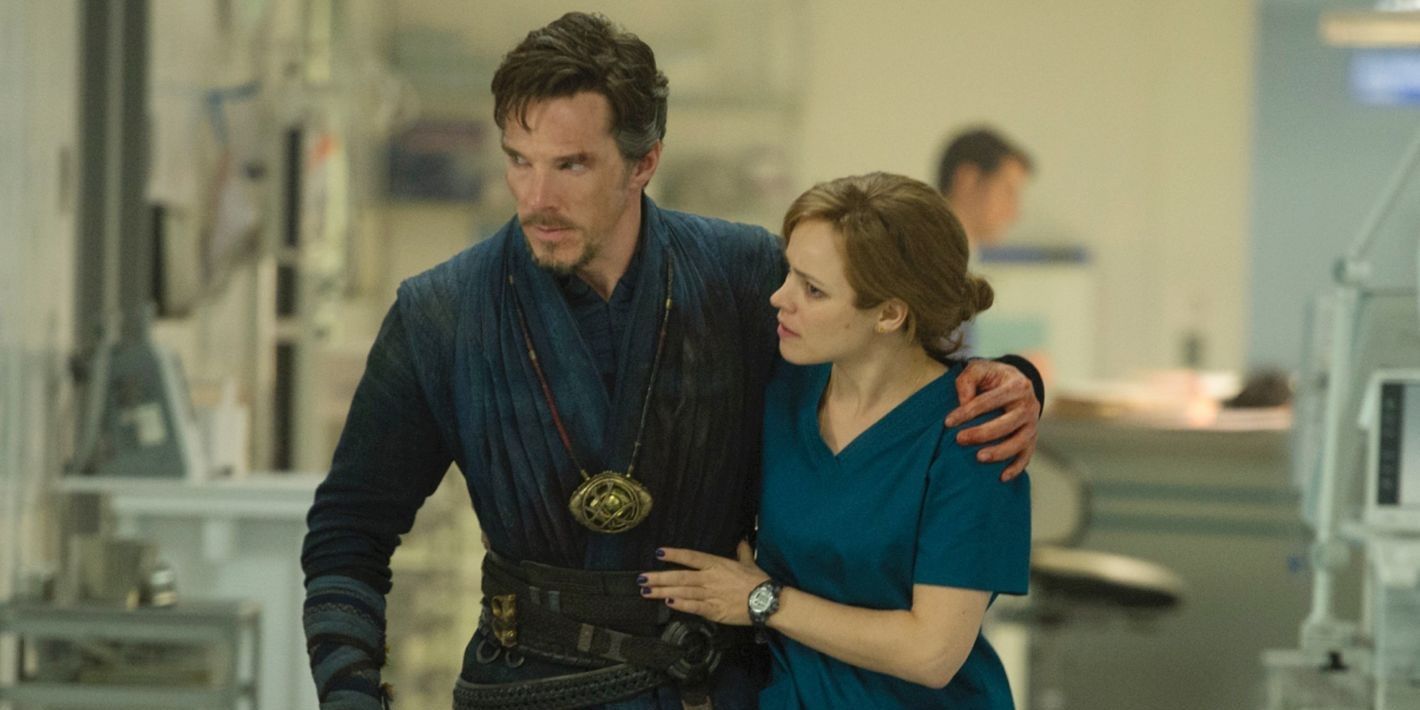
Rachel McAdams is a terrific actor with both comedic and dramatic chops, and she shared tangible on-screen chemistry with Benedict Cumberbatch. So, it was disappointing to see her relegated to a painfully generic love interest role.
Christine Palmer’s professional clashes with Stephen Strange, as well as the extra challenges added by his car accident, could’ve made for an emotionally complex relationship, but the movie did next to nothing with her.
4 Right: Strange’s Friendship With Wong
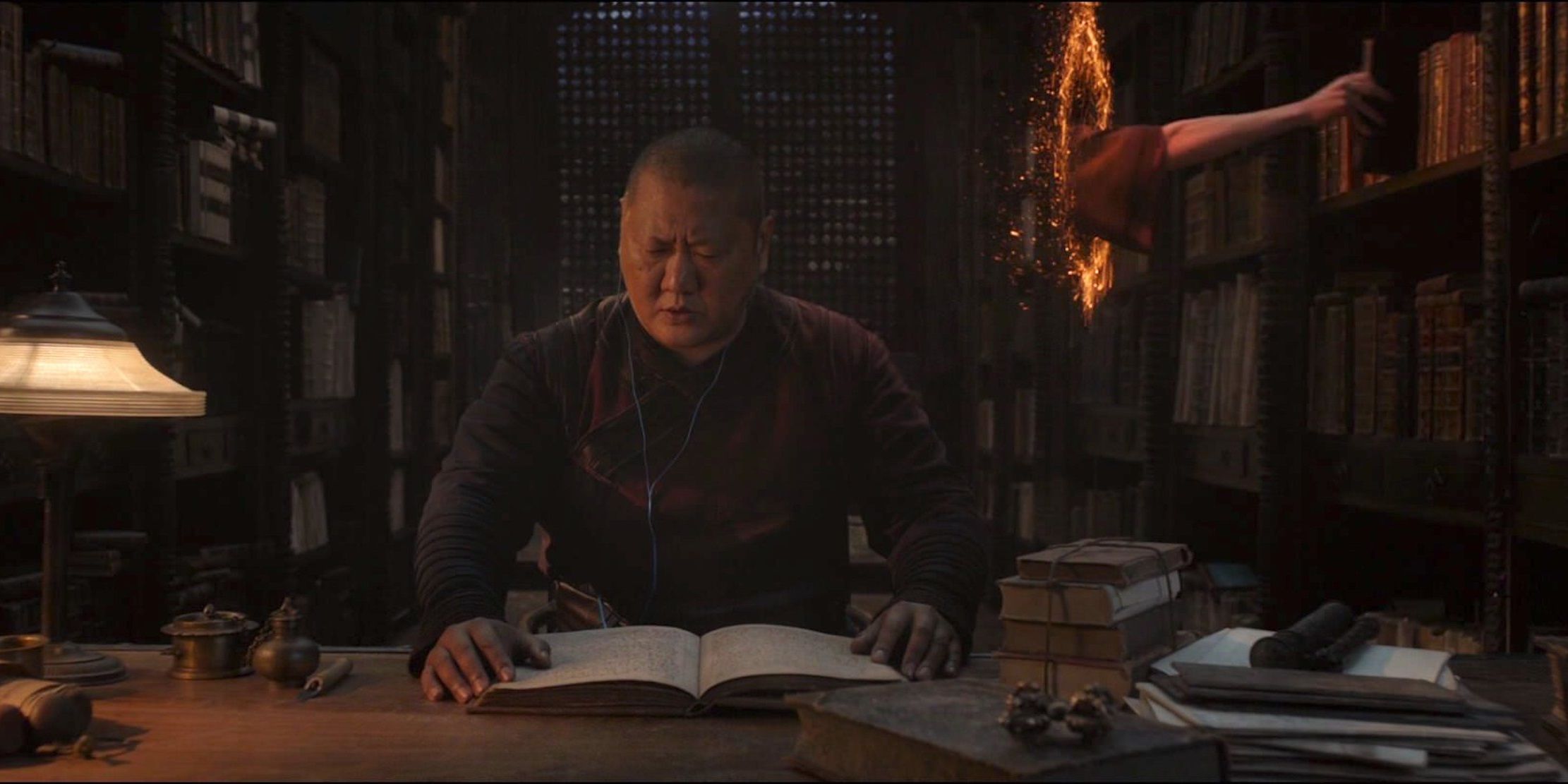
While the movie fails to develop an interesting relationship between its lead and his romantic interest, he does have a great friendship arc with his sidekick, Wong, who initially doesn’t like him all that much.
Benedicts Cumberbatch and Wong share terrific chemistry in the roles of Strange and Wong, while the former’s attempts to win over the latter and their eventual bond are a lot of fun to watch.
3 Wrong: Bathos
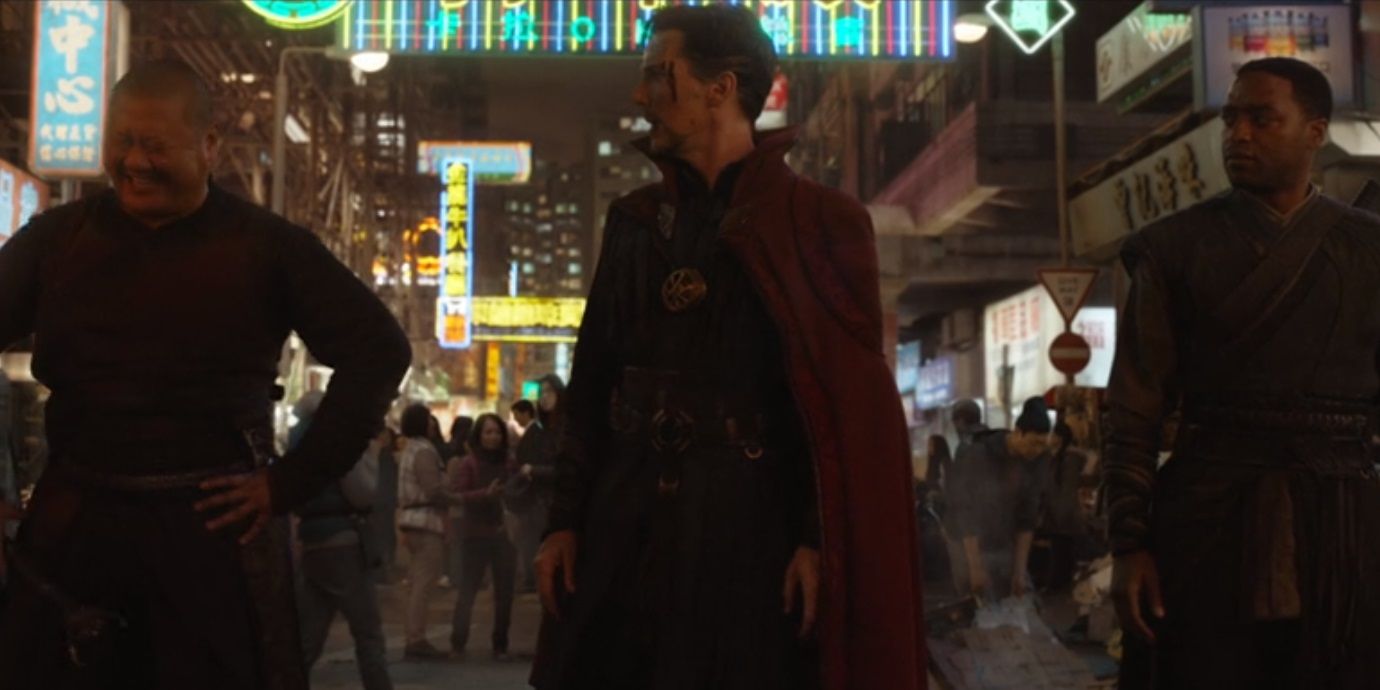
A common criticism of the MCU is that it indulges in “bathos.” In other words, the movies build up to a dramatic moment, then shy away from it with a quick switch to anticlimactic humor. It seems to have grown from a fear of cynics. Patty Jenkins proved with Wonder Woman the greatness that can be achieved from ignoring that fear.
Stephen Strange’s decision to be a hero should be a pivotal dramatic scene, but it’s interrupted by the Cloak of Levitation getting in his face.
2 Right: Subversive Final Battle
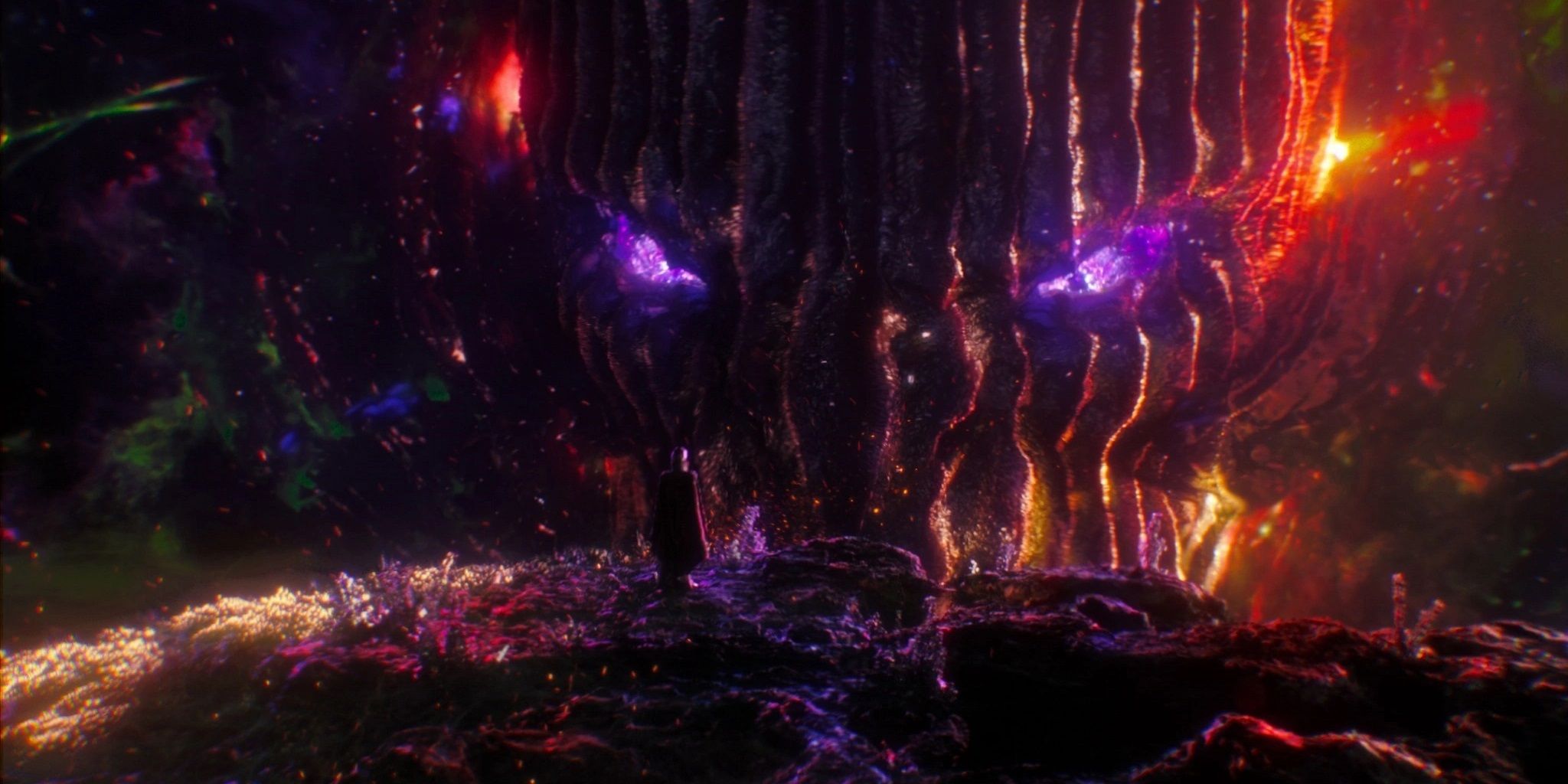
Every MCU movie has a big battle sequence in the third act. There’s often a beam shooting into the sky and a faceless army of aliens or robots getting slaughtered by the dozen, with an entire city getting destroyed in the process.
Doctor Strange interestingly subverted that expectation, with Strange using the Time Stone specifically to prevent Dormammu from destroying anything.
1 Wrong: One-Note Villain
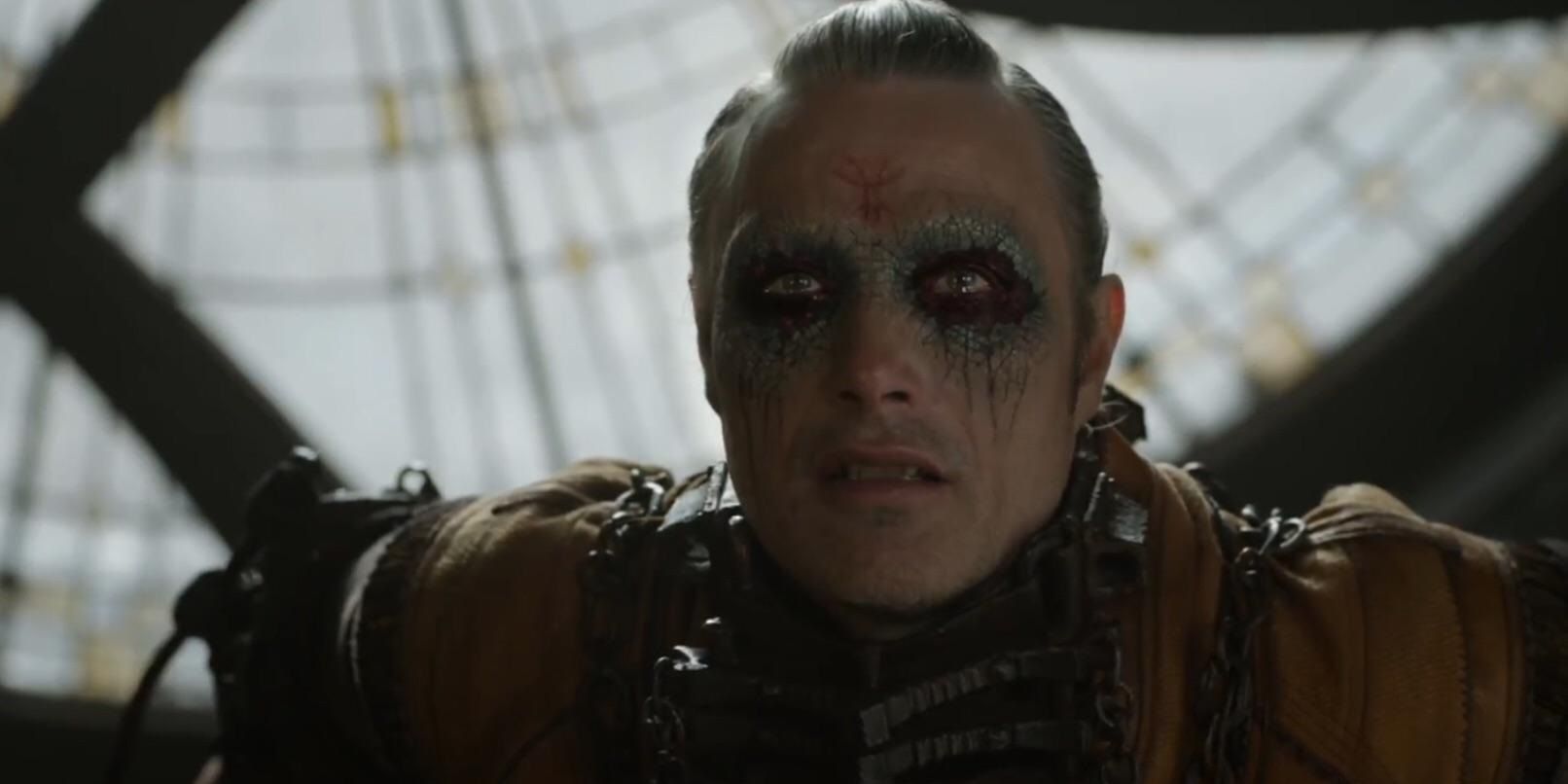
Dormammu is a pretty awesome cosmic entity bent on consuming Earth, but he’s not the main villain of Doctor Strange. The main villain is the guy who summons him to our realm, Kaecilius, played by Mads Mikkelsen.
Like a lot of the MCU’s worst villains, from Malekith to Ultron, Kaecilius is a one-note antagonist who speaks exclusively in trailer-friendly soundbites.
from ScreenRant - Feed https://ift.tt/32fRAea

No comments: